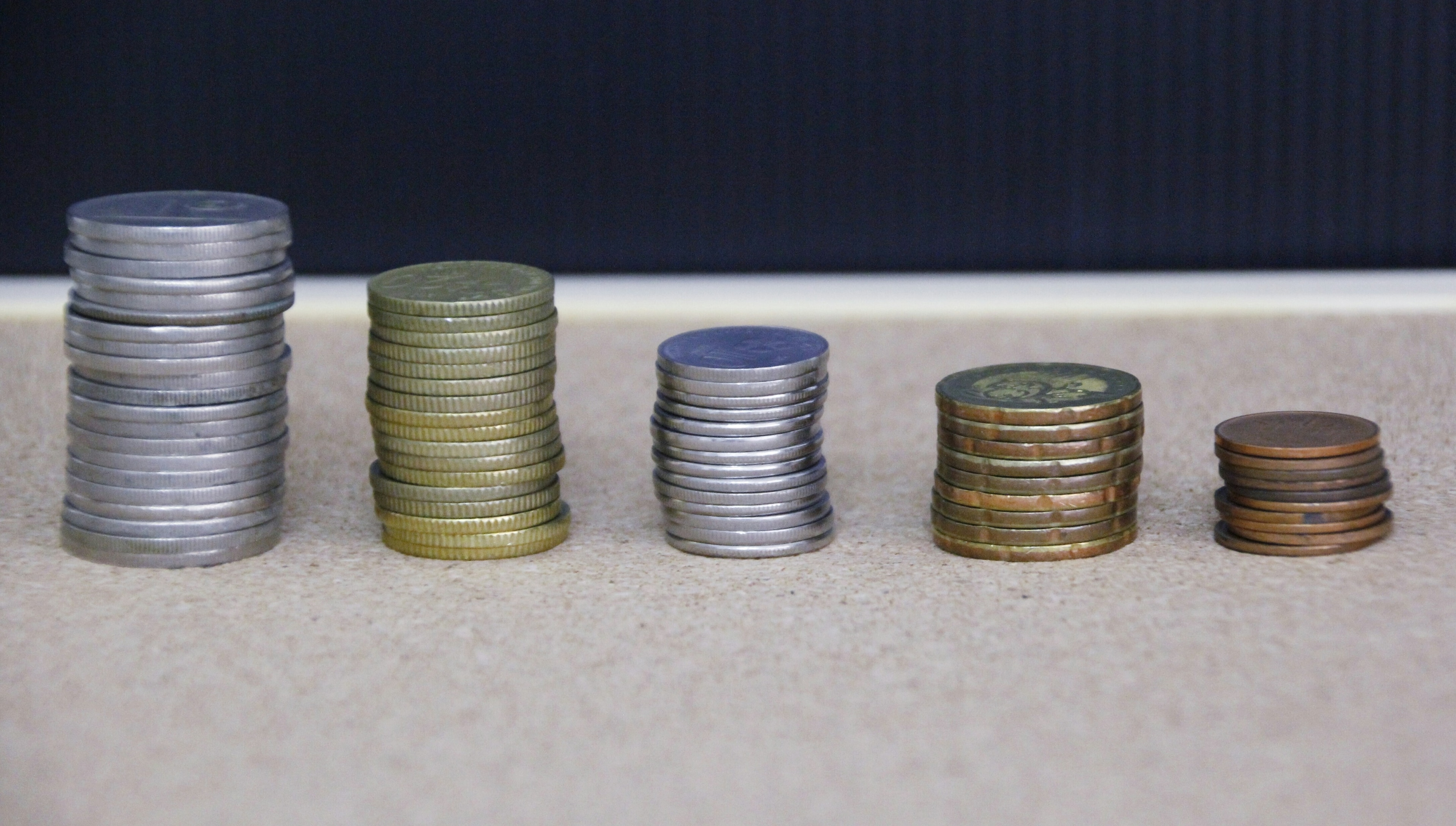‘Trickle-down’ tax cuts don’t work, study says

The 1980s brought a wave of tax cuts in countries like the US and UK. Image: REUTERS/Kevin Lamarque

Get involved with our crowdsourced digital platform to deliver impact at scale
Stay up to date:
Taxes
- A study claims that taxing the richest less doesn’t strengthen economies and worsens inequality.
- London-based academics have analysed 50 years of growth, income and employment data covering 18 countries.
- The study comes as governments are considering raising taxes to repair the economic damage of COVID-19.
- Billionaires have seen their wealth increase by more than 27% this year to new record highs.
Tax cuts for the rich “do not have any significant effect on economic growth and unemployment”, and “lead to higher income inequality”.
Those are the central claims of a new study of 18 OECD countries. It draws on economic data from the past half century – a period during which taxes on the richest have fallen widely.
The working paper, published by the London School of Economics’ (LSE) International Inequalities Institute, comes at an important moment. Countries including the UK are being urged to use one-off wealth taxes to help repair battered public finances. Argentina has already done so.
Some economists argue that “trickle-down” economics, where greater financial headroom at the top can spur broader wealth creation, is real enough – and big tax rises are risky. Nevertheless, calls for reform are growing, and tackling inequality is high on the Davos Agenda this year.
The long view
One of the reasons the LSE study takes a 50-year view (ending in 2015) is that so much has changed for the rich.
In their study, Dr David Hope of the London School of Economics and Dr Julian Limberg of King's College London, point out that for several decades after the Second World War, top incomes fell.
But the 1980s brought a wave of tax cuts in countries including the US and UK, creating trends and precedents that few leaders have attempted to reverse – in fact many have continued.
Arguments by researchers that higher taxes on the wealthy had a negative influence on economic growth prevailed for many years. But Hope and Limberg claim that there is, in fact, relatively little clear data linking tax cuts and improved economic performance. This echoes analyses which have questioned the power of such tax-cutting strategies such as former US President Ronald Reagan’s’ “Reaganomics”.
Hope and Limberg’s assessment considers a range of data points, and covers the performance of economies for up to half a decade after tax cuts. Their conclusion: “estimated effects for these variables are statistically indistinguishable from zero” – or to put it another way, tax cuts make little or no difference to GDP and jobs.
The pandemic factor
These findings are timely because of the policy context. As Hope told Bloomberg: “Policy-makers shouldn’t worry that raising taxes on the rich to fund the financial costs of the pandemic will harm their economies.”
The pandemic has not only sharpened wealth divisions, with billionaires seeing their wealth increase by 27.5% earlier this year, and the world’s poorest suffering most. Technology entrepreneurs have seen their rising assets scrutinized in the media. And, above all, COVID-19 has increased the holes in governments’ balance sheets.
And policy appears to be catching up with research. Whereas the current US administration cut taxes by more than $1.4 trillion – benefiting the wealthiest as well as the broader “middle class” – President-elect Biden has already signalled his intention to change course, by increasing capital gains tax, for example.
A complex picture
However, the increasing prominence of inequality debates, led in recent years by economists such as Thomas Piketty, does not necessarily translate into a clear mood for a change.
There is evidence to suggest that the general public has a more complicated relationship with income inequality than might be supposed. A recent study has found that the way wealth is obtained is a key factor in how dissatisfied people feel about it.
Its authors say that whether the rich made their money from capital (such as owning assets) or labour (income from work) is significant. They also find that, in many countries, the gulf in salaries between the richest and poorest is now the key driver of inequality.
Their study is an indication that while wealth taxes might be rising up government agendas, it will take more than that to address growing inequality.
Don't miss any update on this topic
Create a free account and access your personalized content collection with our latest publications and analyses.
License and Republishing
World Economic Forum articles may be republished in accordance with the Creative Commons Attribution-NonCommercial-NoDerivatives 4.0 International Public License, and in accordance with our Terms of Use.
The views expressed in this article are those of the author alone and not the World Economic Forum.
Related topics:
The Agenda Weekly
A weekly update of the most important issues driving the global agenda
You can unsubscribe at any time using the link in our emails. For more details, review our privacy policy.
More on Financial and Monetary SystemsSee all
Lucy Hoffman
April 24, 2024
Michelle Meineke
April 24, 2024
Annamaria Lusardi and Andrea Sticha
April 24, 2024
Emma Charlton
April 24, 2024
Piyachart "Arm" Isarabhakdee
April 23, 2024
Kate Whiting
April 23, 2024









